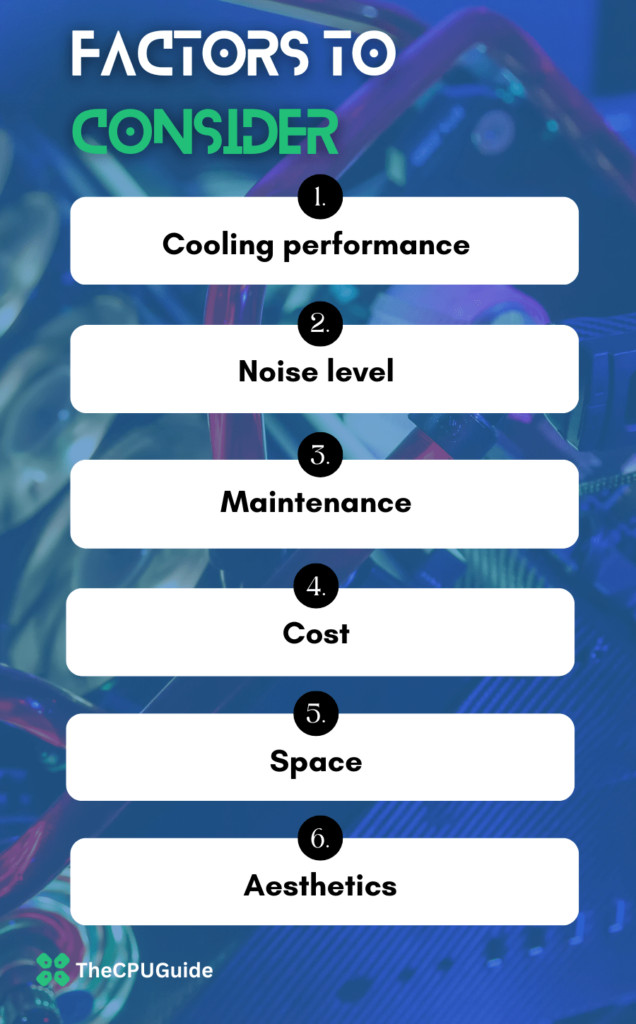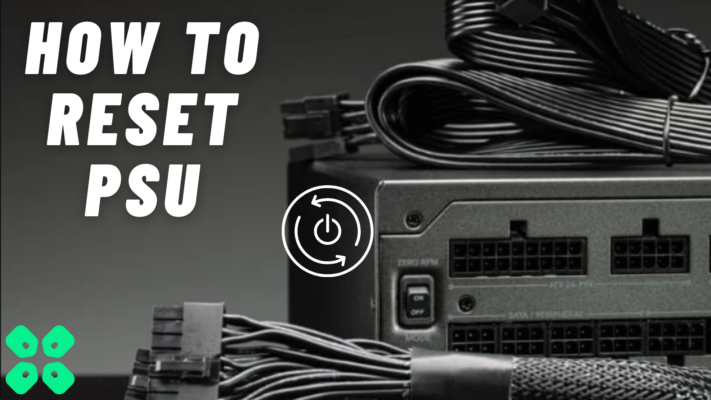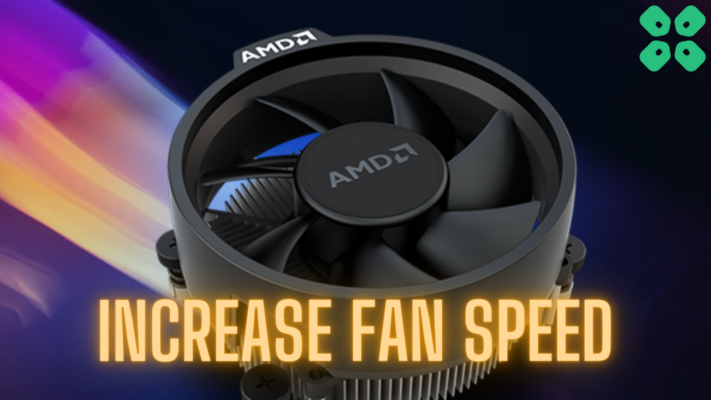Get ready to take your PC to the next level! When it comes to keeping your CPU cool, you have two options: liquid cooling or air cooling. But which one is right for you?
In this guide, we’ll explore the ins and outs of both methods, so you can make an informed decision and get the most out of your machine. Don’t let excess heat hold you back – discover the power of proper CPU cooling and unlock your PC’s full potential!
Ready to unleash the full power of your CPU? If you’re looking to keep your processor running at the perfect temperature, there are plenty of cooling options out there. But which one is right for you? In this guide, we’re going to take a deep dive into the world of CPU cooling, pitting two heavyweights against each other: liquid cooling and air cooling.
We’ll break down how each method works, weigh the pros and cons, and help you decide which one is the best fit for your setup. Say goodbye to overheating and hello to optimal performance – let’s get started!
How CPU Coolers Work:

So did you know that there are two types of CPU coolers out there? One uses air and the other uses liquid to keep your computer from overheating. But, they work in a pretty similar way. Both coolers absorb heat from your CPU and then move that heat away from your hardware.
Basically, your processor heats up a metal lid called the Integrated Heat Spreader (IHS), and then that heat gets transferred to the baseplate of your CPU cooler. From there, the heat is distributed to a fan, which blows it away from your computer. Now, even though the air and liquid coolers use the same basic idea, they do it in different ways. So, let’s talk about air coolers first.
1. Air Cooler

To break it down for you, air coolers work by taking the heat from your CPU and moving it through a conductive baseplate made of copper or aluminum. From there, the heat goes into heat pipes which transfer it to a heatsink that’s lifted off the motherboard, giving more room for other parts like RAM. The heatsink has thin metal fins that give as much surface area as possible to the cooler air. This air absorbs the heat from the metal and a fan blows the now-warm air away from the heatsink.
So, that’s how air cooling keeps your CPU from melting like a popsicle in the sun!
When it comes to air coolers, their effectiveness can depend on different factors, such as the materials used in their construction (copper is more conductive than aluminum, but it’s also more expensive) and the size and number of fans attached to the heatsink. That’s why air coolers come in all sorts of sizes and designs.
Of course, the larger the cooler, the better it will usually be at dissipating heat. However, in smaller PCs, space can be an issue, and you might not have room for a big and bulky cooling system.
On a side note, air cooling is used in Gaming Laptops and the MacBook’s to avoid overheating as well to keep the processor’s running.
Now, we’ll dive into the benefits of air cooling, but before that, let’s talk a bit about liquid cooling so we can compare the two.
2. Liquid Cooling

Liquid cooling is another option for cooling your CPU, and it comes in two varieties: All-in-One (AIO) coolers and custom cooling loops. We’ll be focusing on AIO coolers in this discussion, but the basic principles apply to both types of liquid cooling.
Just like with air cooling, the process begins with a baseplate that sits on top of the CPU’s Integrated Heat Spreader (IHS) and is connected with thermal paste. But instead of heat pipes and fins, the baseplate is part of a water block that is filled with coolant. As the liquid moves through the water block, it absorbs heat from the baseplate.
From there, the coolant moves through the system and up one of two tubes to a radiator. The radiator exposes the liquid to air, which cools it down. Fans attached to the radiator then blow the heated air away from the cooler. Finally, the coolant returns to the water block, and the cycle repeats.
Which One Should you Use?

When considering liquid cooling vs air cooling, there are a few factors to take into account:
- Cooling performance: Liquid cooling generally provides better cooling performance than air cooling, especially for overclocked or high-end CPUs. This is because the liquid is more efficient at transferring heat than air.
- Noise level: Air cooling tends to be louder than liquid cooling, especially when using high-performance fans. However, some liquid cooling solutions can still produce noise due to the sound of the liquid moving through the system.
- Maintenance: Air coolers require little to no maintenance, while liquid coolers may require periodic maintenance to replace the coolant and clean the system to prevent buildup or corrosion.
- Cost: Air coolers are generally less expensive than liquid coolers, though the cost difference can vary depending on the specific models being compared.
- Space: Liquid cooling systems can take up more space in a PC case than air cooling solutions, which can be an issue in smaller builds.
- Aesthetics: Some people prefer the sleek and modern look of a liquid cooler, while others may prefer the traditional look of an air cooler.

Ultimately, the choice between liquid cooling and air cooling comes down to personal preference, budget, and the specific needs of your PC build.
I prefer using air cooling, some new air cooling technology makes it so we have less noise and great cooling too without the risk of leaks and damaging hardware. Let us know in the comments which you prefer and why. As always, stay tuned for more updates on everything related to PCs.







